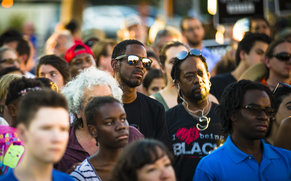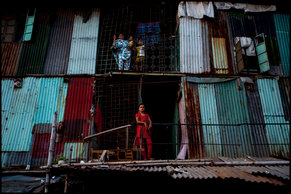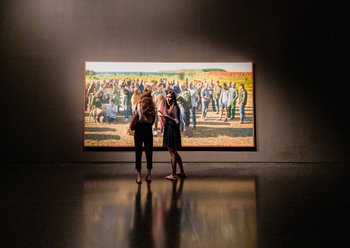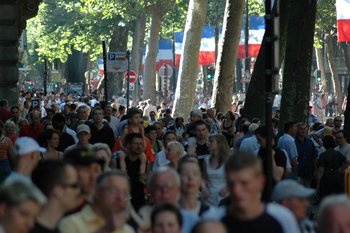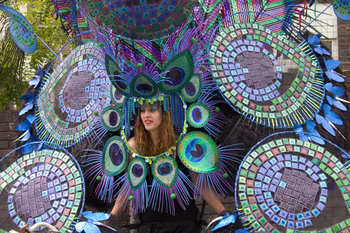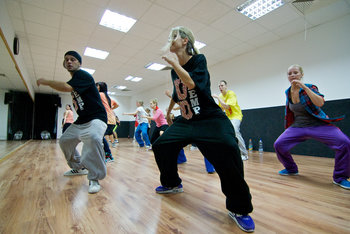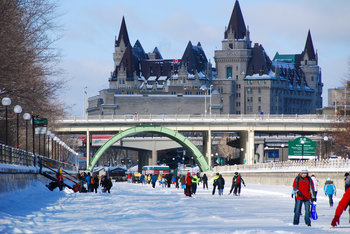
Apprenticeships | Blue Space |
Business Opportunities | Career Opportunities |
Cultural Events | Cultural Exchange |
Cultural Opportunities | Economic Growth |
Economic Opportunity | Educational Opportunities |
Employment Opportunities | Entrepreneurial Opportunities |
Freedom of Speech | Gainful Employment |
Green Space | Healthcare |
Heritage Sites | Higher Education |
Infrastructure | Institutional Support |
Internships | Language Learning |
Learning Opportunities | Leisure Facilities |
Market Access | Political Participation |
Public Spaces | Recreation Facilities |
Research Opportunities | Rights & Freedoms |
Safety & Security | Schools |
Social Connections | Social Infrastructure |
Social Services | Social Stability |
Social Status | Social Support |
Sports Facilities | Traditions |
Training & Development | Travel |
Wealth & Income | Workers Rights |
Economic Opportunity
The opportunity to secure resources via employment, entrepreneurial ventures or social services. This includes general conditions such as a society with a growing economy and extensive infrastructure. Economic opportunity also considers individual situations including advantages such as relationships or adversity such as discrimination.
Educational Opportunity
Access to good schools at no cost or at a cost that is affordable for you. Educational opportunities can also include extracurricular activities and extraordinary experiences such as studying abroad. These opportunities center around learning but can also include development of talents, gaining experiences, relationship building, socializing and access to positive role models.
Social Infrastructure
Foundational services offered by a society that benefit the quality of life of communities. This includes healthcare, education, public transit and all government services that benefit quality of life such as emergency services. Social infrastructure can also include relatively passive services such as an urban forest that benefits a city.
Political Participation
The opportunity to participate in the politics that set the direction of society. This includes any type of political voice from holding public office to free speech.
Cultural Opportunity
The opportunity to participate in cultures to which you feel you belong or to experience other cultures. Society provides the opportunity to live a cultured life whereby families and individuals participate in culture with their lifestyle and observation of traditions, celebrations, holidays, rituals and sensibilities.
Social Connections
Society provides institutions such as schools and culture such as norms of politeness that facilitate socialization, social interaction and the development of relationships. Societies differ by how well this all works as people can become socially isolated and disconnected in modern societies.
Overview
The opportunities that a society offers to the individual. This often differs by the position, social status, wealth, relationships and situation of each individual whereby some individuals have significant advantages and others significant disadvantages in accessing all that a society has to offer.








